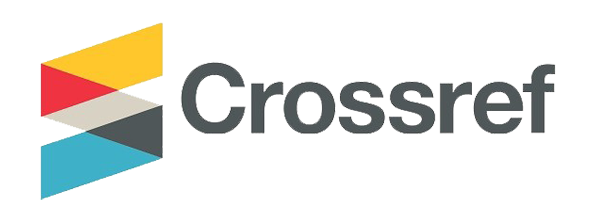The Role of the Family in Supporting Students’ Assessment Process
DOI:
https://doi.org/10.51178/invention.v6i3.2925Keywords:
Family Involvement, Assessment Readiness, Low Socioeconomic Background, Parental Engagement, School-Family Partnership, Qualitative ResearchAbstract
This study explores the role of families, particularly those from low socioeconomic backgrounds, in supporting students' readiness and performance in the assessment process. Employing a qualitative descriptive approach, data were collected through semi-structured interviews with parents, focus group discussions with teachers and counselors, and document analysis of school policies related to assessment preparation. The findings reveal that while families face various challenges such as limited educational resources, time constraints, and digital barriers they nonetheless exhibit a strong willingness to be involved in their children's academic success. Emotional support, monitoring of academic progress, and informal learning at home emerged as common forms of involvement. However, the study also highlights a lack of structured, culturally responsive, and sustainable engagement practices from schools. To enhance student outcomes in assessments, the study recommends that schools develop inclusive communication strategies, provide digital and assessment literacy support for parents, and implement community-based partnership models. The research emphasizes that meaningful school-family collaboration is essential to fostering equitable assessment readiness for all students.
Downloads
Published
Issue
Section
License
Copyright (c) 2025 Suci Indah Sari, Masagus Firdaus

This work is licensed under a Creative Commons Attribution-ShareAlike 4.0 International License.











